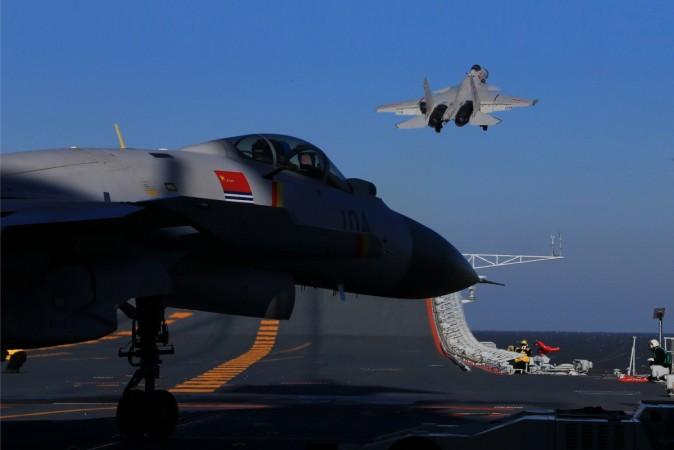
Mindful of the change in leadership in Washington DC, China and Vietnam seem to have hammered out a new deal to avoid conflict in the disputed South China Sea.
Read: PM Modi asks Pakistan to stop terror and China to show sensitivity to India's concerns
A joint communiqué was released following talks between Vietnamese Communist Party chief Nguyen Phu Trong and Chinese President Xi Jinping in Beijing last Saturday (January 14), which has been described as a "candid" exchange of views.
Both countries agreed to "manage well their maritime difference, avoid any actions that may complicate the situation and escalate tensions, and safeguard the peace and stability of the South China Sea," the release said. They also decided to seek "basic and long-term solutions" to issues.
Xi is said to have urged both the countries to increase communication and consolidate mutual trust to resolve the South China Sea disputes. He also assured Hanoi that Beijing will work to "advance the comprehensive strategic cooperative partnership in a healthy way," RT News reported.
China's claims of an Exclusive Economic Zone in South China Sea which includes the territory which is also claimed by Vietnam, was one of the contentious issues in the relationship between two Communist countries. However, China's aggressive policies and threats in the past have made Hanoi silently develop capabilities to deter any move by Beijing to take hold of the territory by force.
Meanwhile, media reports in India have spoken about the possibility of India, which is equally concerned about China's ambitions, selling military hardware to Hanoi like the ship-based or land-based BrahMos cruise missile.
But will China tread a same path as India? Like Vietnam, India too has fought a war with China and has territorial issues that are yet to be resolved. India considers an aggressive China a threat as in its neighbourhood as the latter improves military and economic ties with countries like Pakistan, Bangladesh, Nepal and Sri Lanka.
India also seemed to have reached out to China when Prime Minister Narendra Modi said at his inaugural speech at Raisina Dialogue 2017 that the growth of both countries provide "unprecedented opportunity." But he also stressed that it's not "unnatural" for the two countries to have differences and they must show "sensitivity and respect for each other's core concerns and interests."
China has also warned India against upsetting its China-Pakistan Economic Corridor (CPEC) project in Pakistan in a thinly-veiled comment. China has blocked two of India's proposals – one for gaining membership of the Nuclear Supplier's Group and another to declare Pakistan-based Jaish-e-Mohammad chief Masood Azhar as a terrorist by the United Nations.
China might not give up its "all-weather" friend Pakistan to turn tables on India in the near future. But it will be careful of what actions US President-elect Donald Trump might take against China, since Trump has already expressed his dipleasure over Beijing's action in the region.
China might also try to disrupt the possibility of US-India bonhomie by looking to settle boundary disputes with India and offering the latter the benefits of its One Belt One Road project and even the CPEC initiative in Pakistan.
Recently, when India tested its nuclear capable Agni-V missile that can cover the entire Chinese land mass, Beijing advocated "preserving the strategic balance and stability in South Asia." So, the possibility of China offering India a similar deal as Hanoi may only be a wishful thinking at best. Unless, China is not looking at India through the Pakistan prism and treats India as its partner for what can be called a new dawn for Asia.








